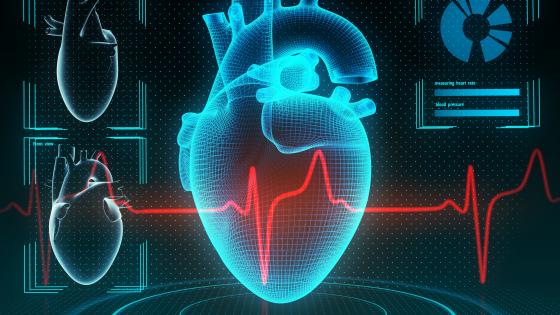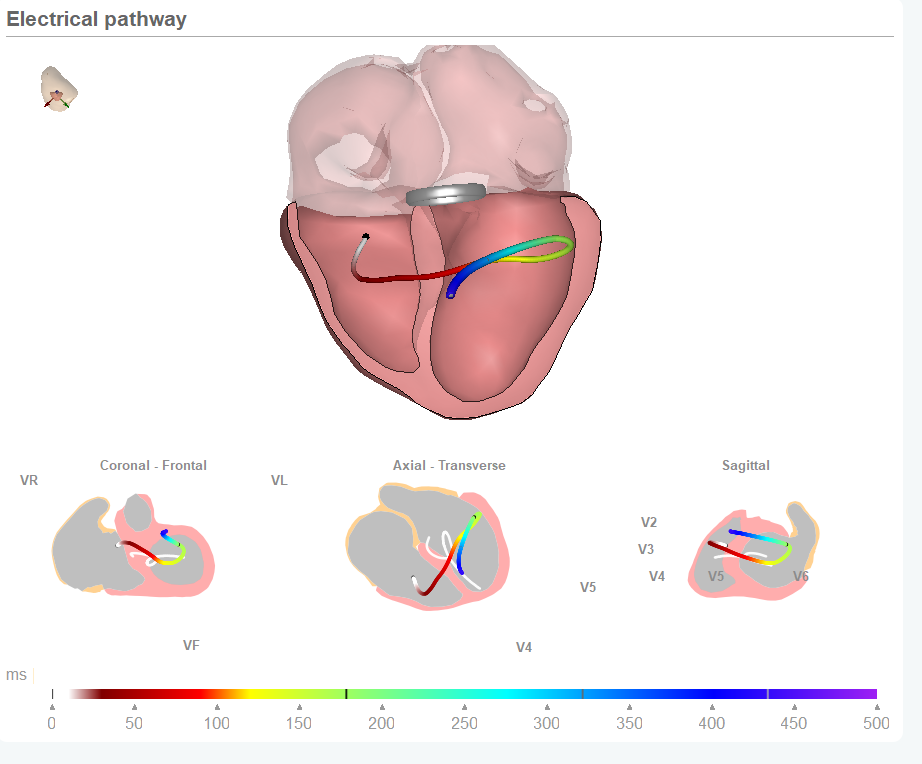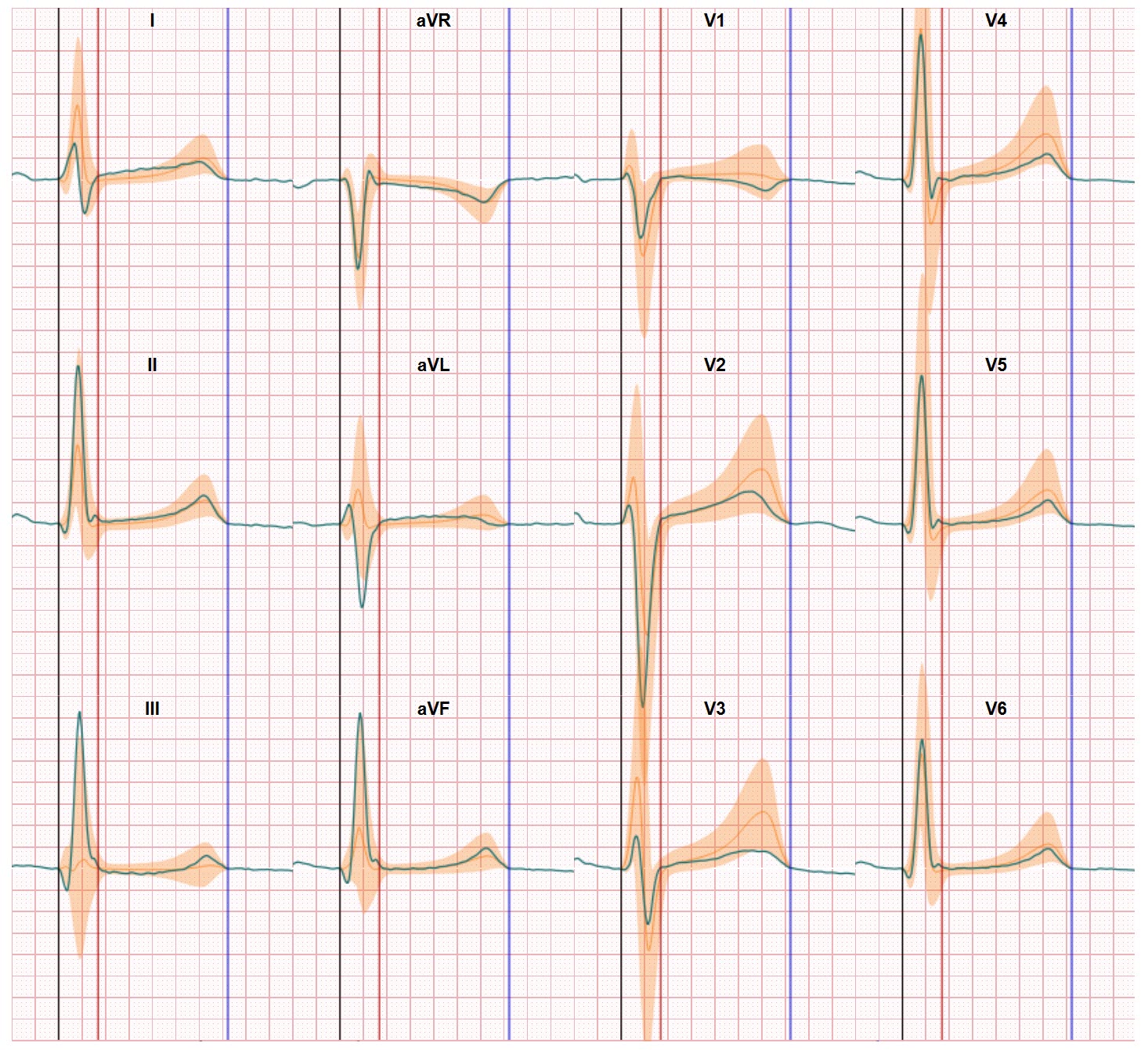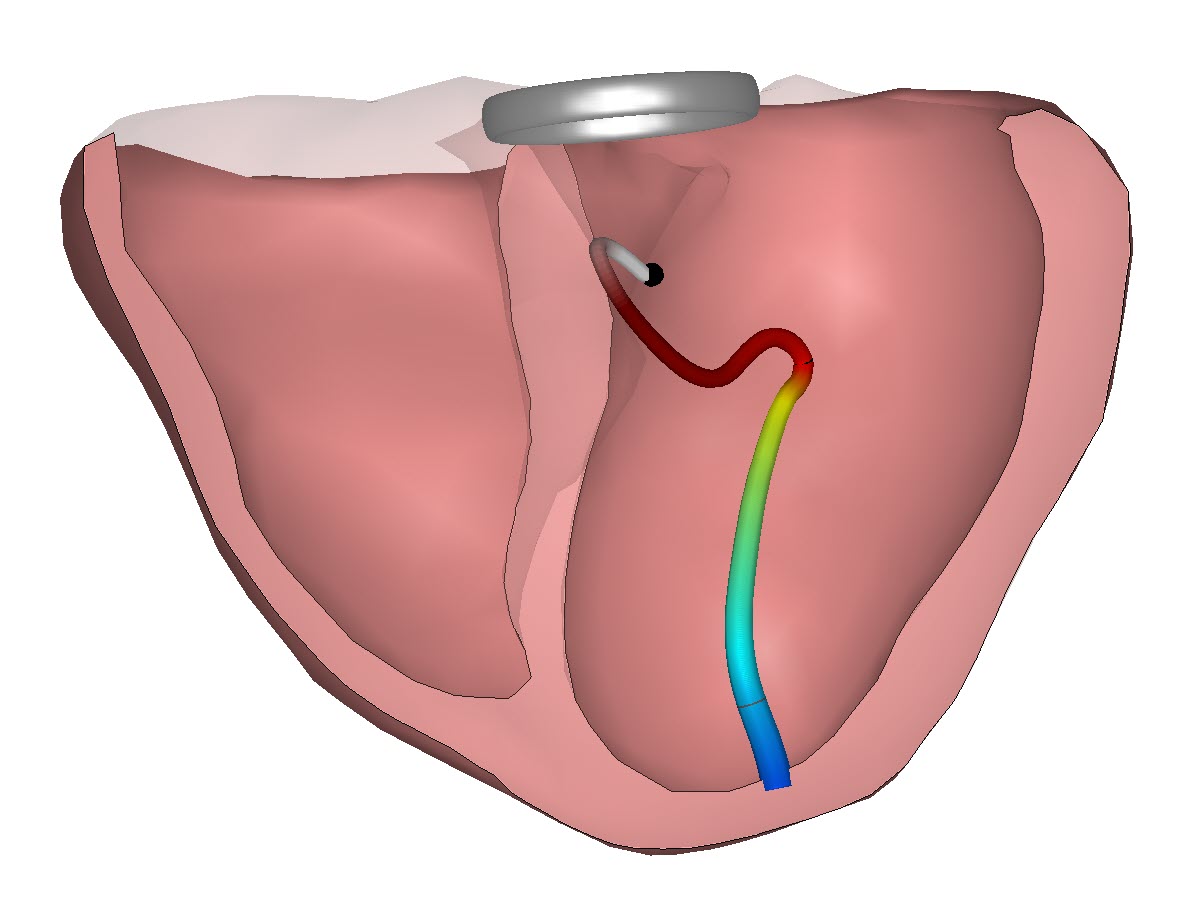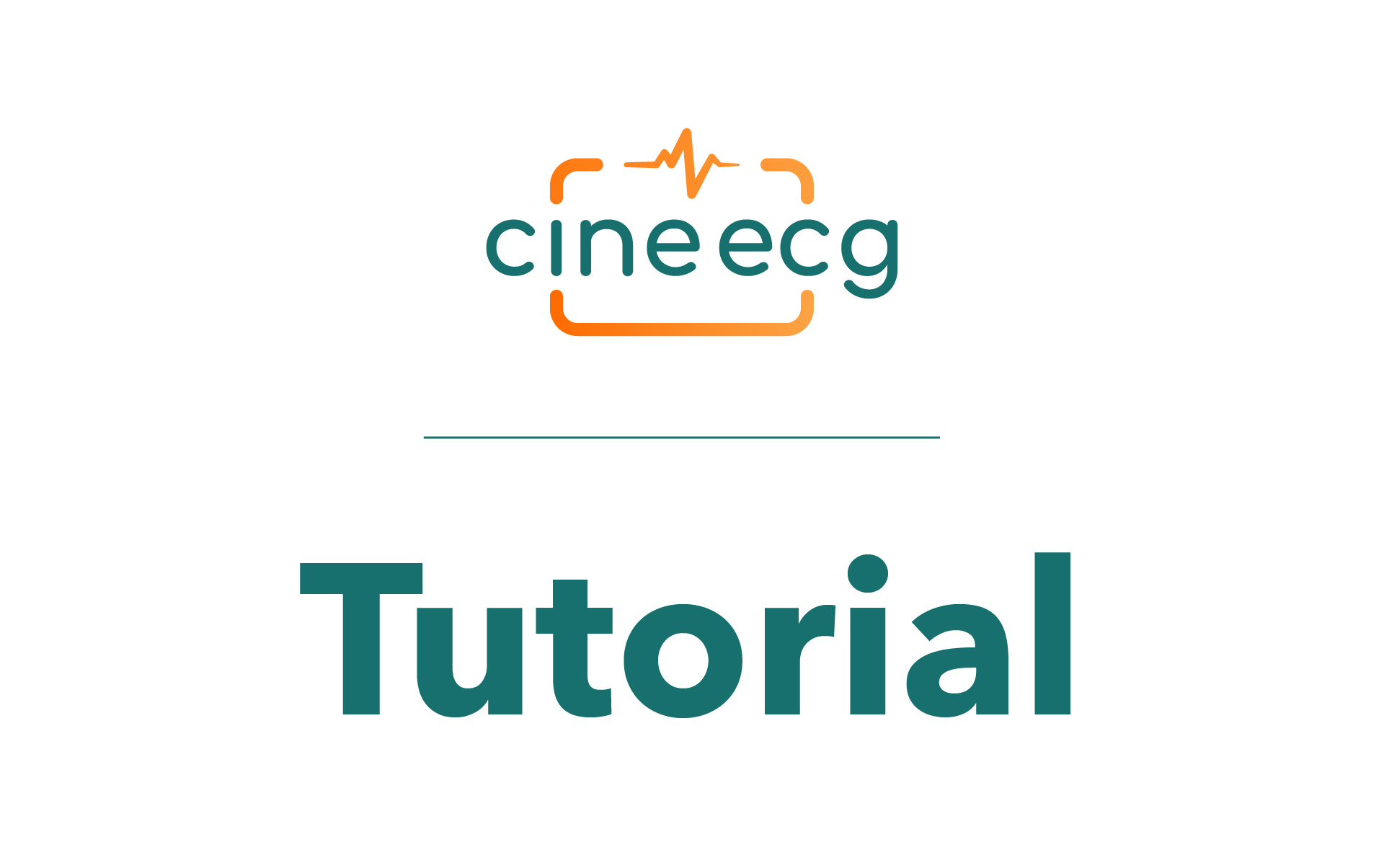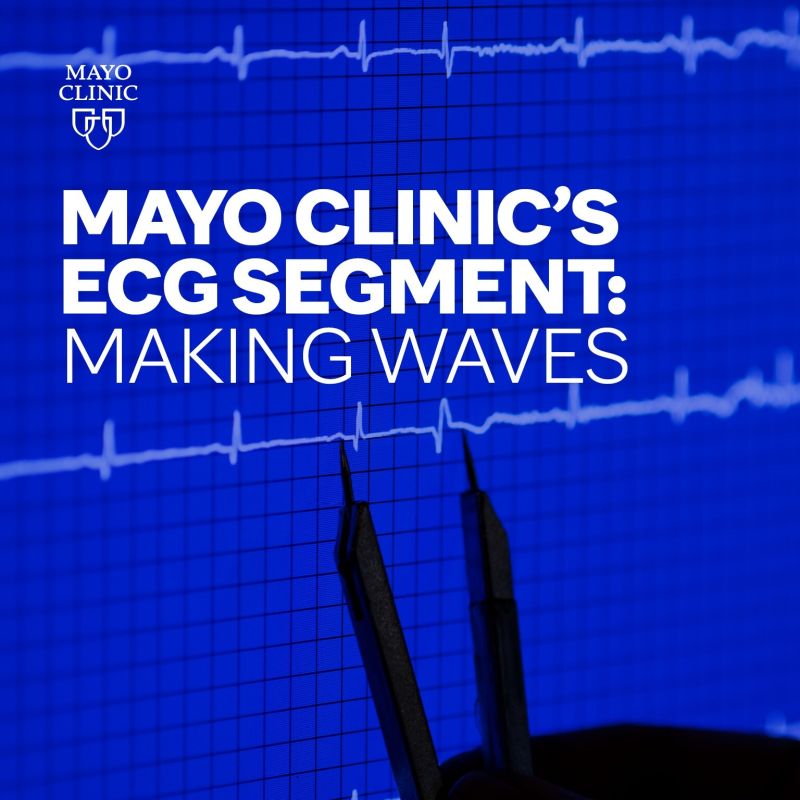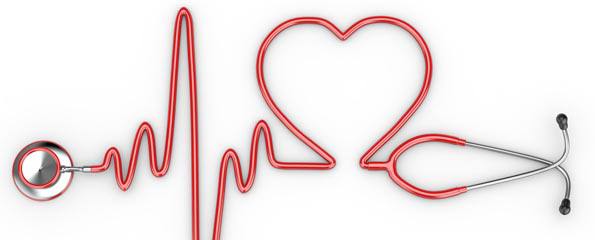AI and Healthcare was leading topic in the meeting I attended last week. This meeting was organized by the regional Medical Delta organization in the province South-Holland of the Netherlands. The setting was impressive in a centuries old church right in the middle of the old center of Leiden, the town in which the Electrocardiogram was invented by Einthoven.
The medical delta platform combines the expertise and research of three leading academic institutions: Leiden University, Erasmus University Rotterdam and the Technical University Delft. But the platform is not limited to these great innovation centers. Medical Delta also includes participations from support organizations and healthcare and medtech companies in the region.
And besides hearing about great innovations the key note speech from Rosanne Hertzberger really struck me. And this weekend she published a similar message in her weekly column in one of the Netherlands leading newspapers. (in dutch only)
Hertzberger expresses her disappointment regarding the gap between the promiss of Artificial Intelligence and the results delivered from AI until now. And during the conference she was not the only one expressing this gap between results and expectations.
In her speech and column Hertzberger brings back the breakout solutions IBM’s Watson would deliver to healthcare and how this computerized powerhouse only produced open doors or irrelevant suggestions. Being a scientist and microbiologist herself Hertzberger analysis focuses on the simple world of chess or straightforward pattern recognition where AI based algorithms work wonders. But the moment the boundaries are fuzzy and not limited to the 64 fields of chessboard the machines stumble.
And not only AI in its most advanced form (numerous neural nodes in a self learning setup) is not delivering against promiss. Machine Learning also appears to be just human work. And it suffers from the same reproducibility problems.
A future for AI and Healthcare in cardiology
From the perspective of applying Artificial Intelligence to support or even replace ECG interpretation the message of Hertzberger sounds familiar. Applying AI to recognize patterns in heart rate and heart rhythm from ECG data appears to work relative well. Data quality needs to be in order and this is already a tricky case when the data is collected with a wearable electrode solution. Conduction quality and ‘noise’ may already influence the data and thus the AI based analysis. But when AI is applied to ECG waveform data the AI based analysis brings back memories of Watson performance. There are simply to many fuzzy and variable aspects in play for a reliable computerized analysis. Heart orientation, electrode positions, body built, again noise to name a few do influence the ECG waveforms and hinder an effective automated assessment based on just feeding ECG data to a neural network.
Is this experience so far sufficient to follow the disappointment of Rosanne Hertzberger? Most probably not but we need to alter our approach. In our team we think by adding more data to the ECG we may have found a way forward to improve the effectiveness the combination of AI and Healthcare in cardiology diagnostics. By relating ECG data to heart anatomy we reduce the variability of the ECG data and may have found a way to support the Sherlock Holmes like analysis of the ECG interpretation challenge thousands of physicians are confronted with every day.
